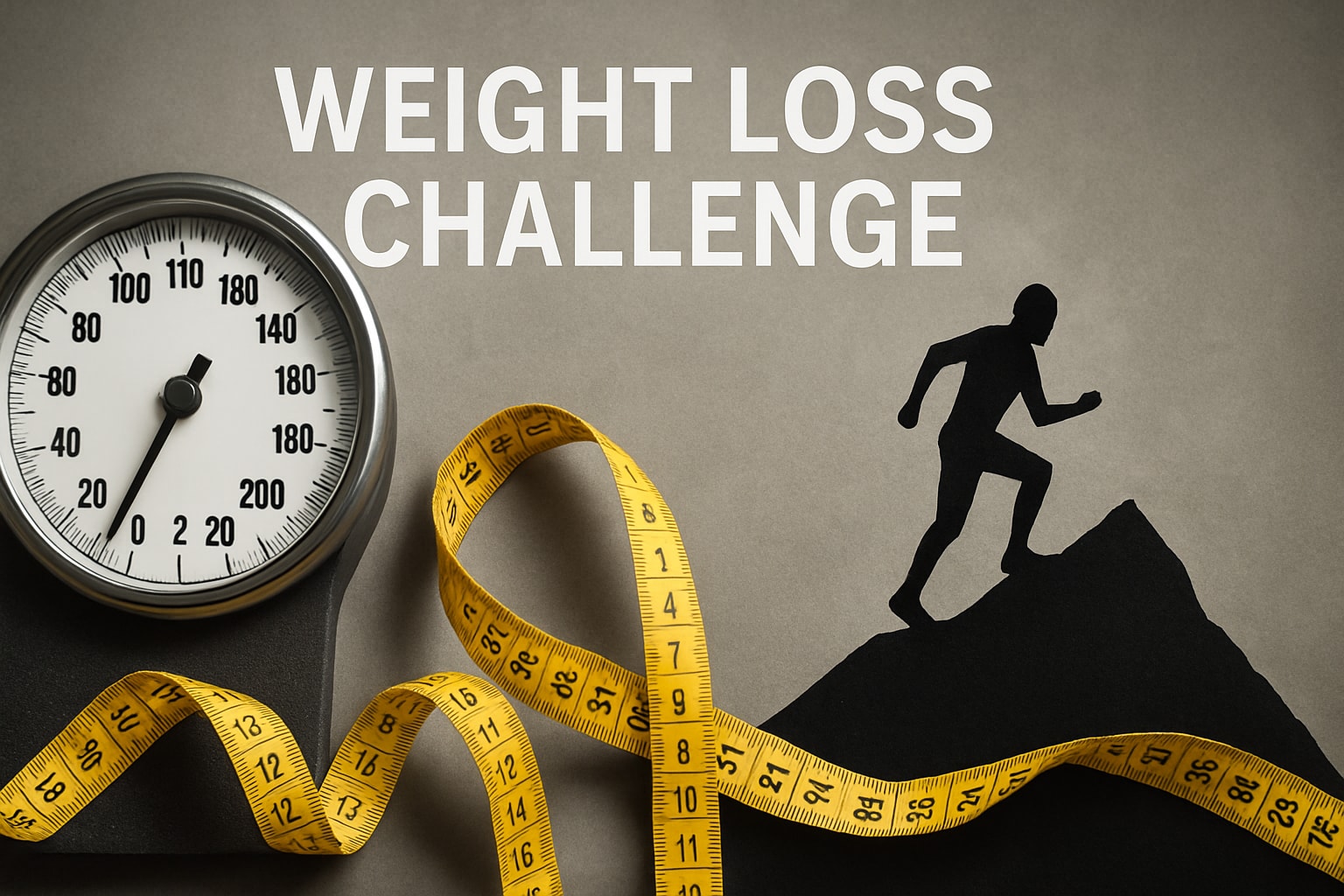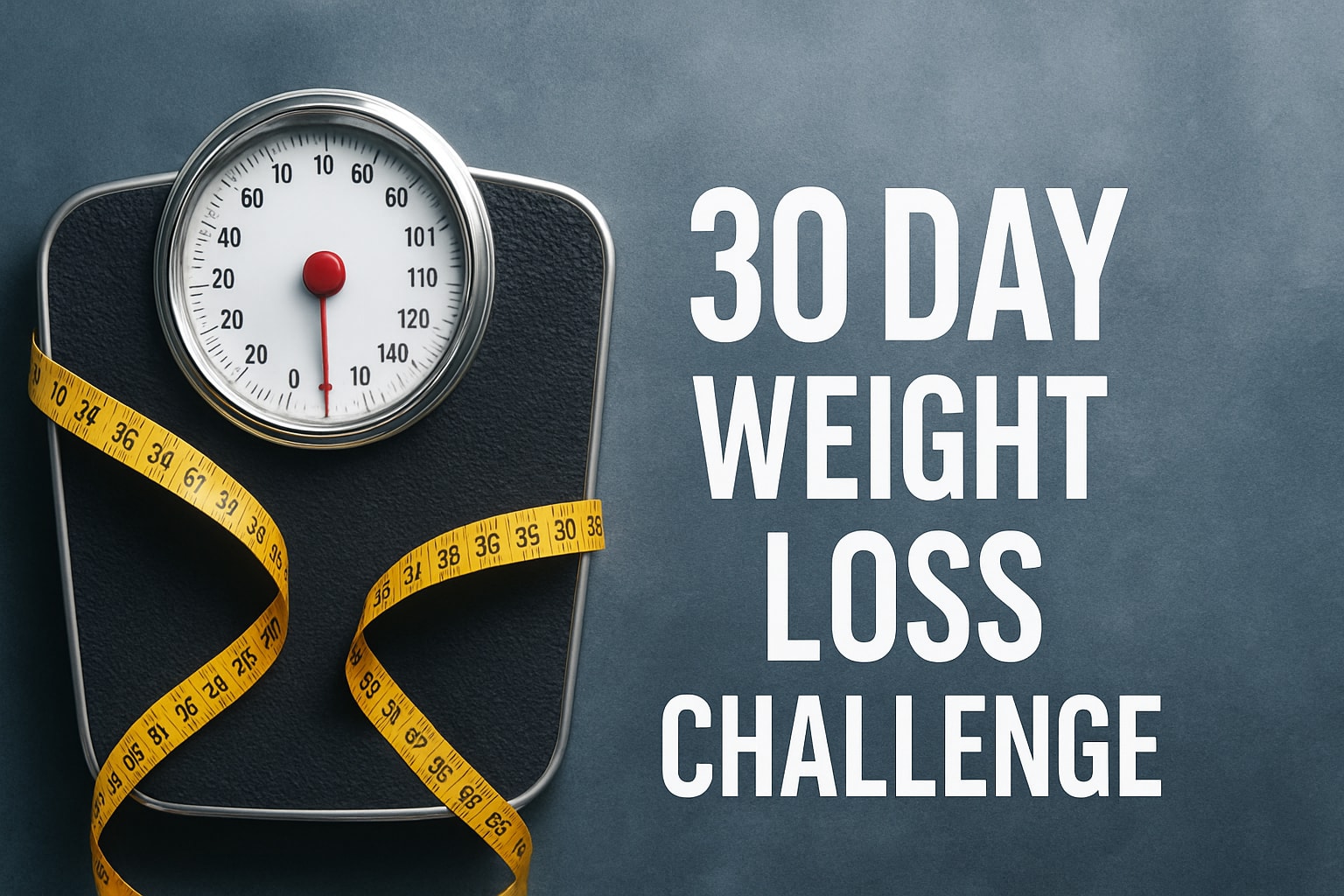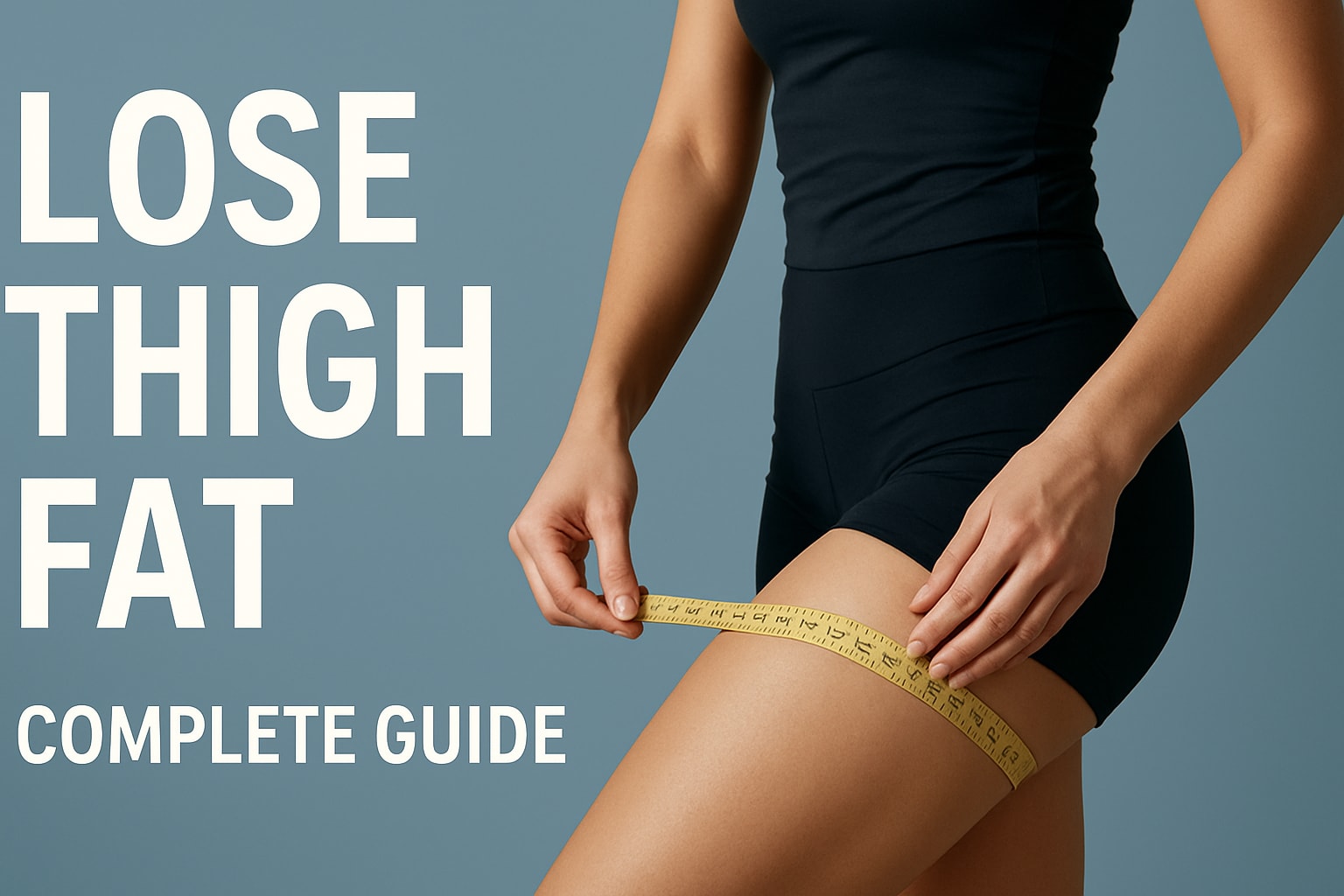Have you ever wondered why so many people gain weight after quitting smoking? It's a common concern among those who are ready to kick the habit. What's really important is getting rid of the guilt.
Quitting smoking often leads to weight gain because nicotine, the addictive substance in cigarettes, has appetite-suppressing and metabolism-boosting effects. But with the right strategies, it can be controlled.
Stick with us as we delve into the impact of smoking cessation on appetite and food cravings, and share tips for managing weight gain after quitting smoking.
Together, we'll help you navigate this journey to a healthier, happier, smoke-free life!
The Legitimate Fear of Weight Gain
Many smokers are afraid of gaining weight when quitting smoking, which is a legitimate concern. Australian researchers analyzed data from 35 population-based prospective cohort studies worldwide in 2015. They compared 63,403 quitters to 388,432 smokers.
The results showed that those who quit smoking gained an average of 4.1 kg over 5 years. In contrast, continuing smokers gained only 1.5 kg, resulting in a 2.6 kg difference.
For some individuals, quitting smoking can cause a significant enough weight gain to push them into the overweight or obese category. This can negatively impact their health. According to a study, recent quitters had a 15% increase in overweight prevalence and an 18% increase in obesity prevalence, while continued smokers only had a 2% and 5% increase in those categories, respectively.
👉 Remember, the advantages of quitting smoking will always outweigh the disadvantages of gaining a few pounds. Join our 21-day self-hypnosis program to embark on a healthier lifestyle journey!
Mechanisms Behind Weight Gain After Quitting Smoking
Nicotine: the active ingredient in cigarettes
Weight gain is a common side effect of quitting smoking, mainly due to increased energy intake and decreased energy expenditure. Nicotine withdrawal can cause some individuals to substitute eating for smoking, leading to higher caloric intake. However, the role of nicotine-related metabolism changes versus increased caloric intake in post-cessation weight gain is still debated.
Research indicates that the neural reward mechanisms involved in nicotine addiction and some eating behaviors may explain why food addiction and smoking activate similar reward pathways in the brain.
This heightened response to reward has been linked to weight gain.
Increased Caloric Intake
Several factors contribute to weight gain after quitting smoking, including emotional eating, calorie misperception, short sleep, and a preference for sweet-tasting foods. The sudden drop in blood sugar levels during the first few days of quitting can also lead to withdrawal symptoms such as headaches, dizziness, and a craving for sweets. This can result in overeating.
To minimize the sense of deprivation or loss during smoking cessation, gradual and healthy changes to dietary intake may be more effective than dramatic weight loss diets. Strict dieting during an attempt to quit smoking can have a negative impact on cessation, as food deprivation can reduce extracellular dopamine levels, reduce positive mood, and increase the drive to use nicotine.
Therefore, it is wise to focus on making small, sustainable changes to one's diet and lifestyle to manage weight gain during smoking cessation.
The Role of Intestinal Flora
Recent research suggests that gut microorganisms, also known as the microbiota, may play a role in weight gain associated with smoking cessation. Intestinal flora influence metabolism, which is implicated in obesity, diabetes, and other ailments.
This study suggests that smoking-associated microbiota contribute to weight gain. It also provides evidence that the bacteria in the gut change the way the body processes food, leading to increased energy absorption and weight gain.
These findings might help people quit smoking and maintain a healthy weight. Lifestyle modifications should also take into account the complex interplay of factors that influence behavior.
Dietary supplements or the removal of certain components from cigarettes may limit weight gain and make smokers quit easier.
Tips for Managing Weight Gain After Quitting Smoking
Check out these tips to keep your weight under control as you quit smoking:
- Mindful changes to your diet: Focus on nutritious, whole foods like fruits, vegetables, lean proteins, and whole grains, while limiting high-calorie, processed foods. Practice portion control and eat regular, balanced meals to avoid overeating.
- Incorporate regular physical activity: Engage in at least 150 minutes of moderate-intensity aerobic activity or 75 minutes of vigorous-intensity aerobic activity per week, along with strength training exercises, to offset the decrease in metabolism and improve your mood.
- Stay hydrated: Drinking plenty of water can curb hunger and keep you full throughout the day.
- Healthy snacking: Chew sugar-free gum or snack on low-calorie options like fresh fruits, vegetables, or nuts to manage cravings and keep hunger at bay.
- Distract yourself from cravings: Find a hobby or activity to occupy your mind when cravings strike, making it easier to resist temptation.
- Stress-relief techniques: Practice deep breathing exercises, meditation, or yoga to cope with emotional triggers and avoid emotional eating. 🧘♀
- Explore self-hypnosis: Consider using self-hypnosis to guide yourself into a deeply relaxed state and create new, healthier habits around smoking cessation and food choices.
- Supplement your diet with probiotics: Studies have shown that probiotics can positively influence the intestinal microbiota composition and aid weight loss.
👉 Struggling with managing your weight? Look no further than Oneleaf! Our self-hypnosis program for weight loss is a powerful tool that can provide you with the extra support you need.
Weight gain after quitting smoking is a legitimate concern, but the benefits of quitting outweigh the drawbacks of gaining a few pounds. Mindful changes to diet, regular physical activity, and stress-relief techniques can
manage weight gain during smoking cessation. Probiotics may also aid in weight loss.
With small, sustainable steps towards a healthier lifestyle, smokers can embark on a journey to a smoke-free life with the confidence to maintain their weight.
Oneleaf's self-hypnosis program for weight loss provides additional support for those struggling to manage their weight during smoking cessation.









.jpg)






